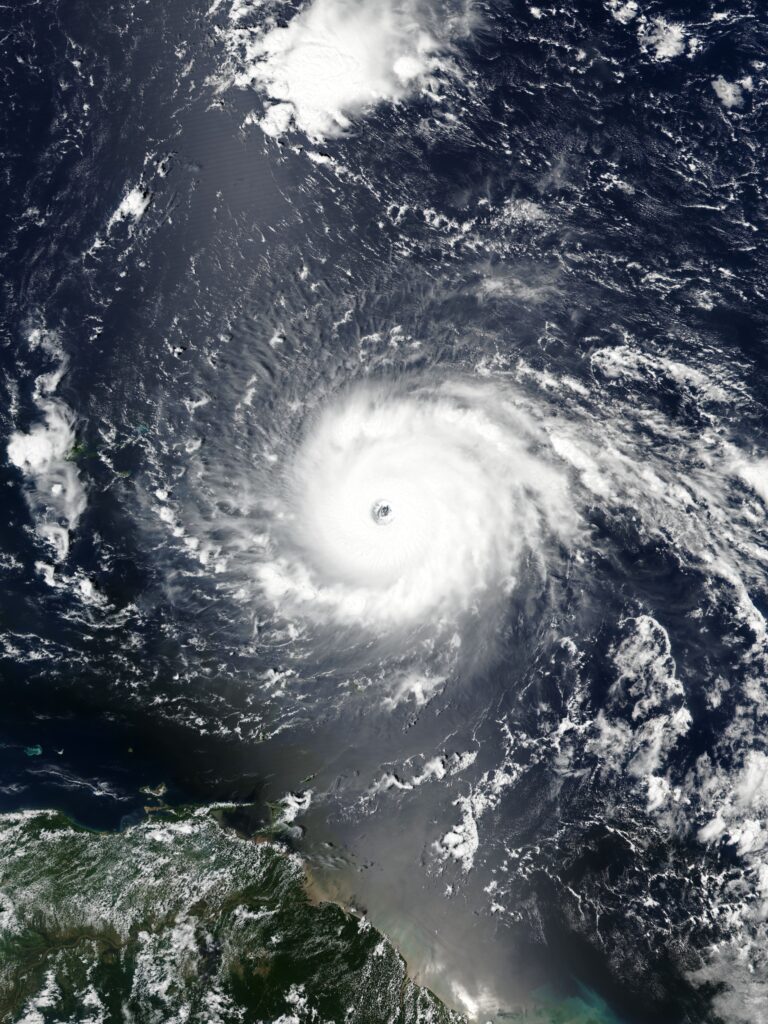By Thais Lopez Vogel, VoLo Foundation

“Is it just me, or is it hotter today?” That’s what many Florida residents are asking. It’s not just your imagination; it is indeed hotter.
According to the Environmental Protection Agency, human activity has increased carbon dioxide pollution in the atmosphere by 40%. This, with other greenhouse gas emissions, has warmed the globe by about 1 degree F over the last 50 years. Florida has experienced more than 1 degree F of warming.
That may sound like a minimal increase, but consider how much one extra degree affects you or your children when sick with a fever. What are the consequences of the additional heat on the environment?

For starters, an increase in global temperature leads to warmer sea surface temperatures. Warmer seas are a direct cause of stronger, longer and rapidly intensifying hurricanes.
Sea surface temperatures of 82 degrees F produce hurricanes of a Category 2 intensity. In warmer months when sea surface temperatures are about 85 degrees, we see more incidence of Category 4 and 5 hurricanes.
Water evaporates from the surface of the ocean and since a warmer atmosphere can hold more moisture, these hurricanes dump inches-to-feet of rain along the coast and inland in a short amount of time. Neighborhoods flood.
Data shows that 1 degree F of warming is equivalent to a 20 mph increase in hurricane wind speed. For example, Hurricane Dorian (2019) was a Category 5 storm that registered 1-minute sustained winds of 185 mph. Hurricane Irma (2017) registered 1-minute sustained winds of 180 mph.
Both storms broke records and cost billions to clean up. Both would have registered a significantly lower wind speed in a world without global warming.

Therefore, we can thank excess greenhouse gases for this and future damage costs.
Is there anything we can do? Yes.
Change consumption habits to support renewable energies. Demand climate leadership from our representatives at all levels of government.
Let’s also use our vote to support those who are serious about addressing climate issues. Solutions exist, but time is crucial, and taking action is urgent.
Learn more about the cost of hurricanes in the video below.
Thais Lopez Vogel is the co-founder and trustee of VoLo Foundation, a nonprofit foundation focused on science-based climate solutions, education and health.
If you are interested in submitting an opinion piece to The Invading Sea, email Editor Nathan Crabbe at ncrabbe@fau.edu. Sign up for The Invading Sea newsletter by visiting here.



